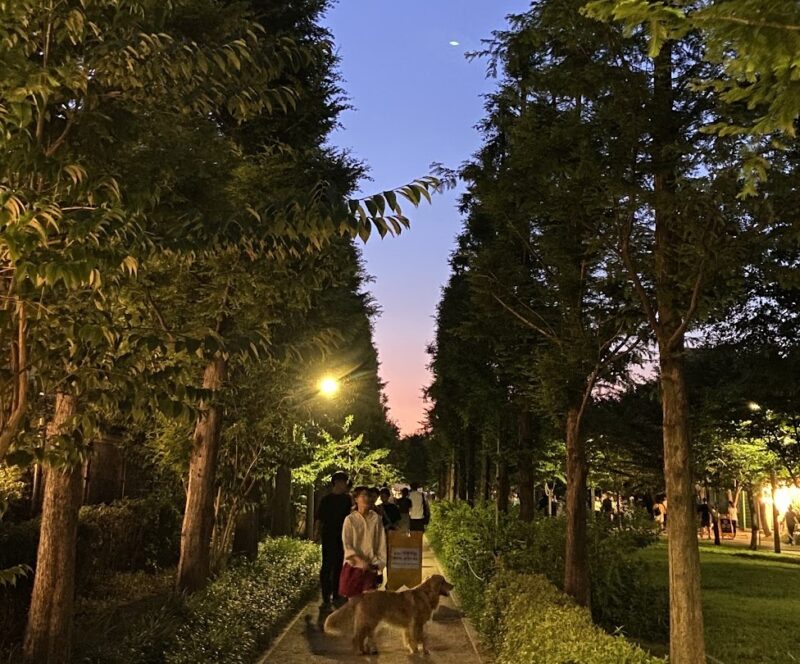This post isn’t about zombies, but it starts with an essay on them. The essay (by Margaret Atwood) wound through many lands and touched on many waters: humanity in the 19th century, how people lose hope in the future, and a whole tour of literary monsters, in classic Atwood fashion: the vampire, the werewolf, the manmade monster, all of it. How zombies, in contrast to its fellow creatures, represent a version of us in the far far future (or maybe not that far). Fallen from grace and without hope. They’re apocalyptic; they lack minds, a past and a future, and therefore exist outside time.
“I wish you hope,” Atwood says as she signs off the essay—a rather abrupt return to earth after we’ve just been whisked through societal collapse and climate change and zombies being a pleasanter alternative.
“Korean education fever” is the precise term my sociology professor used in class this semester. Like zombie viruses, ideologies, and rebellion, education is catching. Like wildfire Korea has been burning up with a desire to snatch that top position in class, and years later, that one remaining spot in a prestigious university. But is it really a thirst for education that glimmers taunting like a star above everyone’s heads? My sociology professor says no, it’s competition, desire for stability and wealth, just like any other society. I personally think it may be broader: anything from a desire to please your parents to an inability to sit still while everyone else is running. Motivations and wishes run as muddied and varied as humans do, as they all gather together at the same starting line with the same goal: get ahead. But as everyone takes off together, there’s a problem: no one stops unless the person next to them does.
As a nation Korea seems to resemble a horde of runners tumbling over themselves in exhaustion, but not giving up because Number 16 beside them is still inching forward with their face in the dirt. The scary thing is, how much longer can this go on? When there are twelve-year-olds out and about at midnight, drinking Red Bull to keep themselves awake to study, you know there’s a problem.
In a book I read recently, it said that what we want actually isn’t to be wealthy and good-looking. What we actually want is to be wealthier and better-looking than the person next to us. If we were all drop-dead gorgeous, and absolutely everyone affluent, beauty and wealth would become meaningless. So long as we compare, we can’t be happy. And Koreans live to compare. Never have I lived in a society that looks over their shoulder so often, at a glance identifying where the other is at; buses so bombarded with advertisements of an inhumanly symmetrical face, whitewashed by AI. All chasing the unattainable together as the dream floats even higher and further away.
